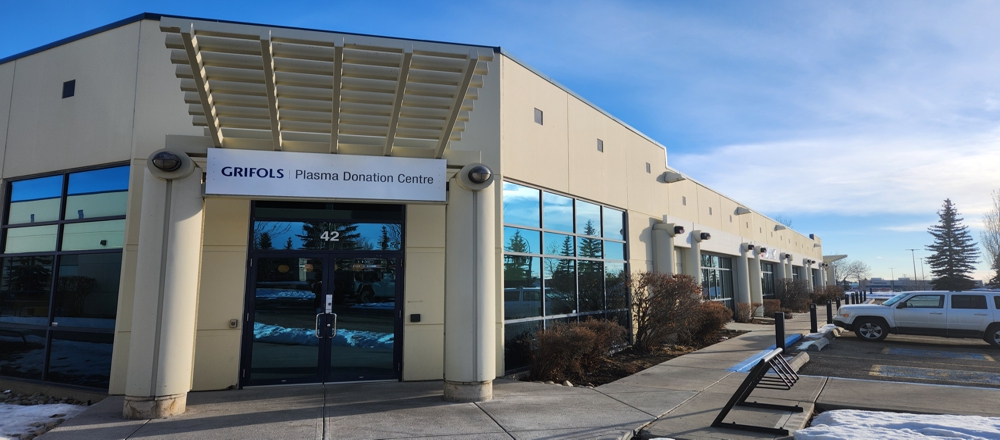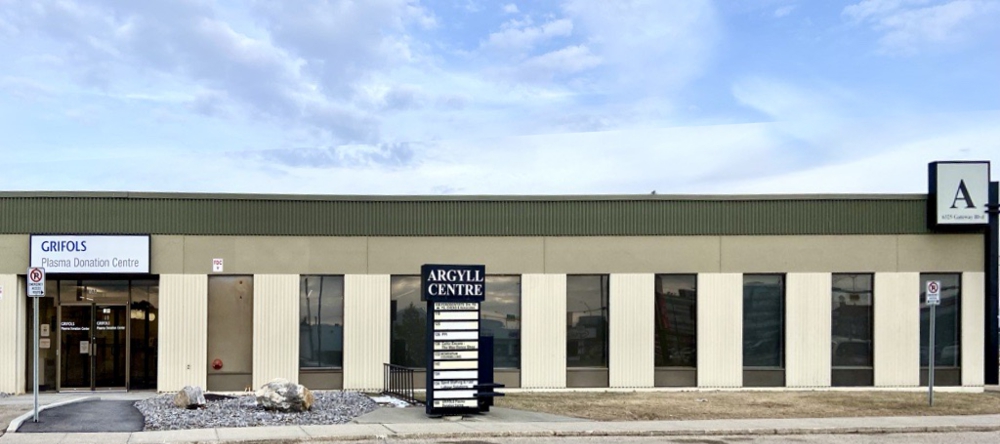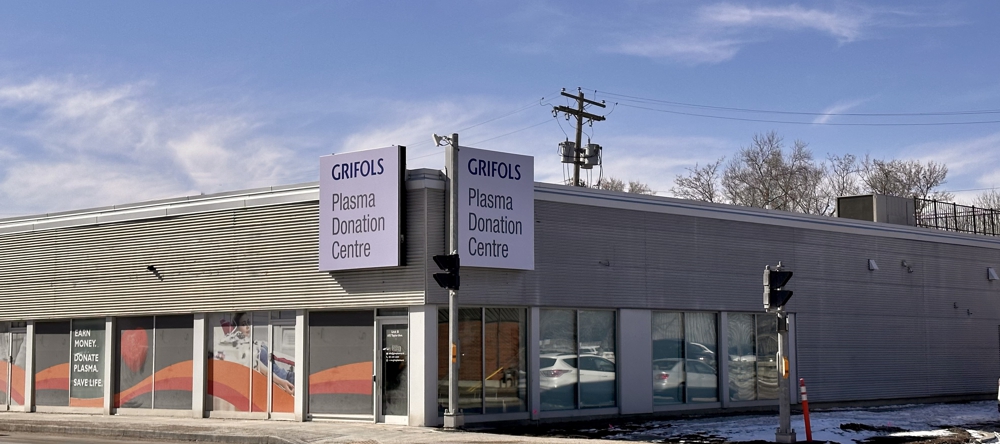The Role Nurses Play In Plasma Donation
juin 28, 2019
Plasma donation is a complex process that requires whole blood to be drawn and plasma to be separated from blood via a process called plasmapheresis. For donors, plasma collection is very similar to blood donation and there are certain risks and side effects associated with the process, albeit the chances of them happening are very small. As such, a team of experienced professionals are required and they must adhere to Health Canada’s strict plasma collection standards.
There is one role, however, that plays a particularly important part when it comes to donor health and care – nurses. In today’s blog, we’ll be exploring the significant role that nurses play in the plasma donation process.
Nurse Responsibilities
Nurses are clinically responsible for plasma donation sessions and ensure every donor receives the best service. Nurses are also the party that ultimately determines the eligibility of potential donors. They are heavily involved in three major areas of plasma donation – screening, donation, and post-donor care.
1. Screening Plasma Donors
Nurses provide the necessary medical expertise needed to determine the eligibility of donors. The basic eligibility requirements for plasma donation include the following:
- Donors must be between 17 and 68 years of age.
- Donors must weigh at least 110 pounds.
- Donors cannot have gotten a tattoo or piercing done in the past 12 months.
- Donors cannot have donated blood in the past 56 days.
Certain medical conditions, lifestyle-related issues, or medications taken also impact donor eligibility. Nurses medically examine and review the paperwork of each and every donor to determine whether or not they are fit to donate.
2. Plasma Donation
Once a donor has been thoroughly screened and confirmed consent, the donation process can begin. Nurses escort donors to their bed, prep them for donation, and connect them to a plasmapheresis machine. They practice the appropriate hygeine standards needed to withdraw blood from donors.
The donation process typically takes around 50 minutes to complete. During this time, nurses closely monitor donors to ensure they are comfortable and the process is going smoothly.
3. Post-Donor Care
After a donor’s plasma has been collected, it’s time for them to sit down, relax, and enjoy refreshments. It is essential that donors replenish themselves after donating so that they replace lost fluids and avoid a drop in blood pressure. Nurses continue to keep a close eye on donors after the donation process and make sure they are in good health.
Evidently, nurses play a huge role in plasma donation and without them the demand for plasma would never be met. At Canadian Plasma Resources, we prioritize donor health and our friendly and experienced nurses will always make your experience a pleasant one.
Book your next appointment today!









